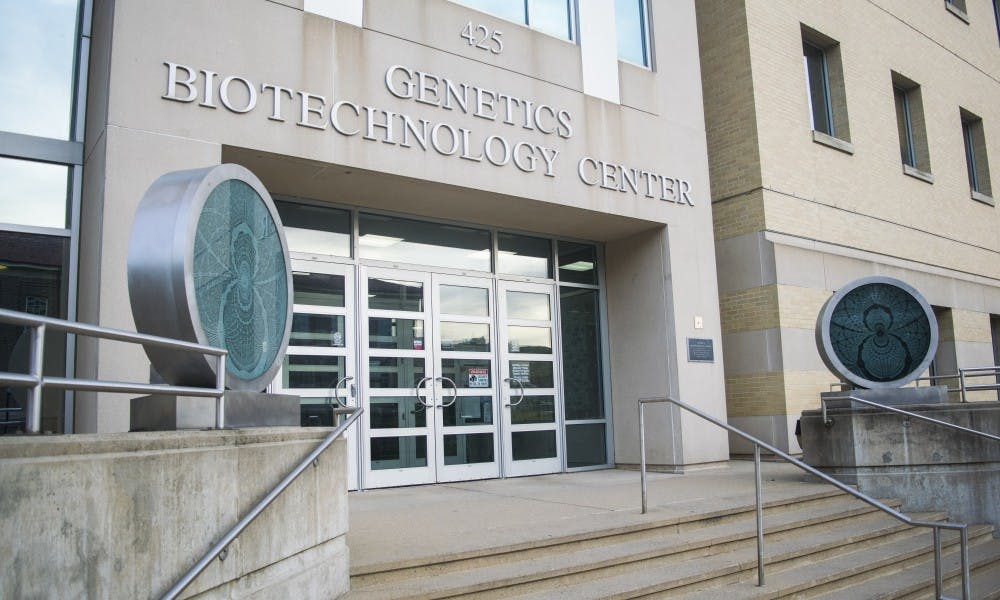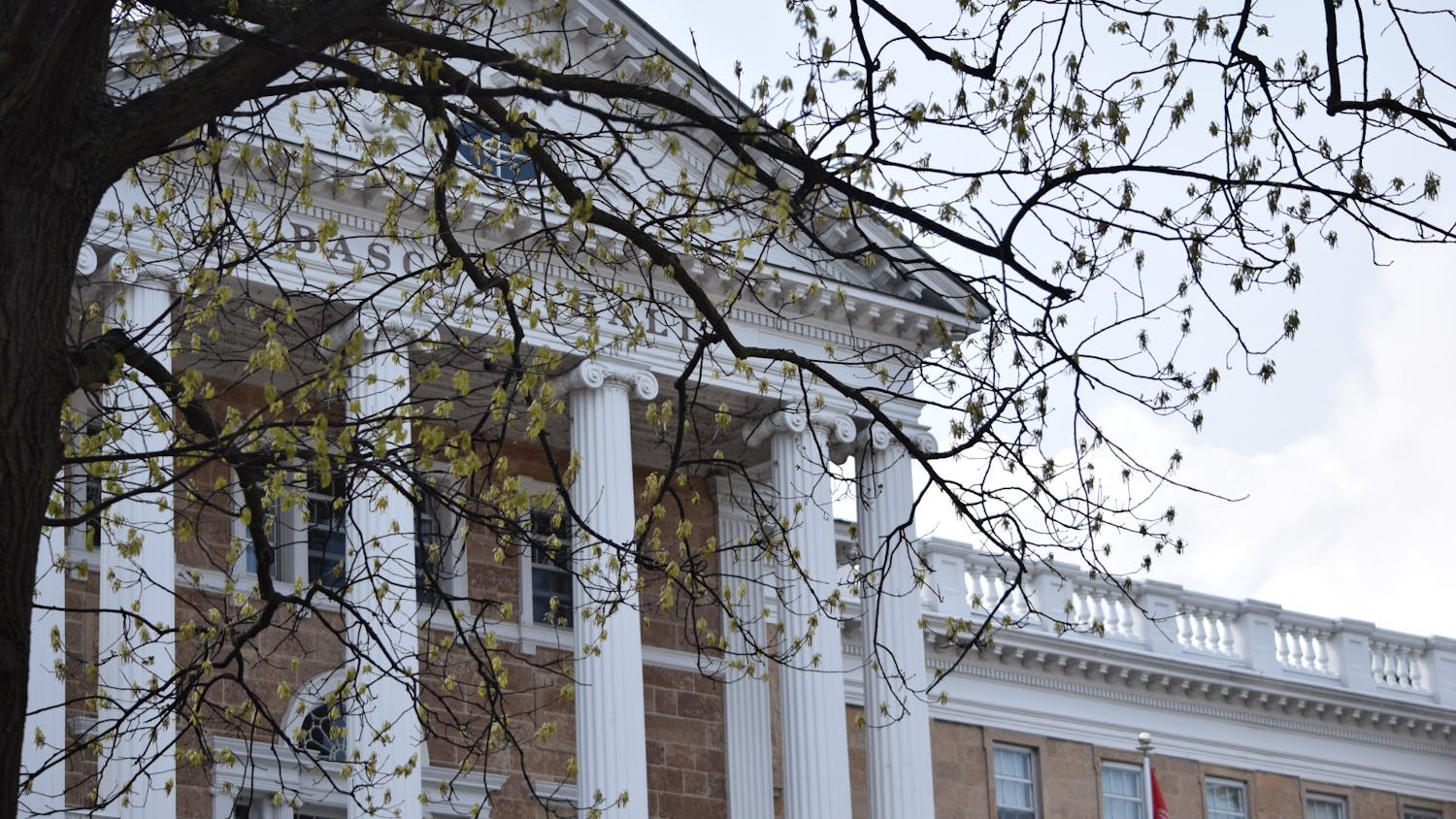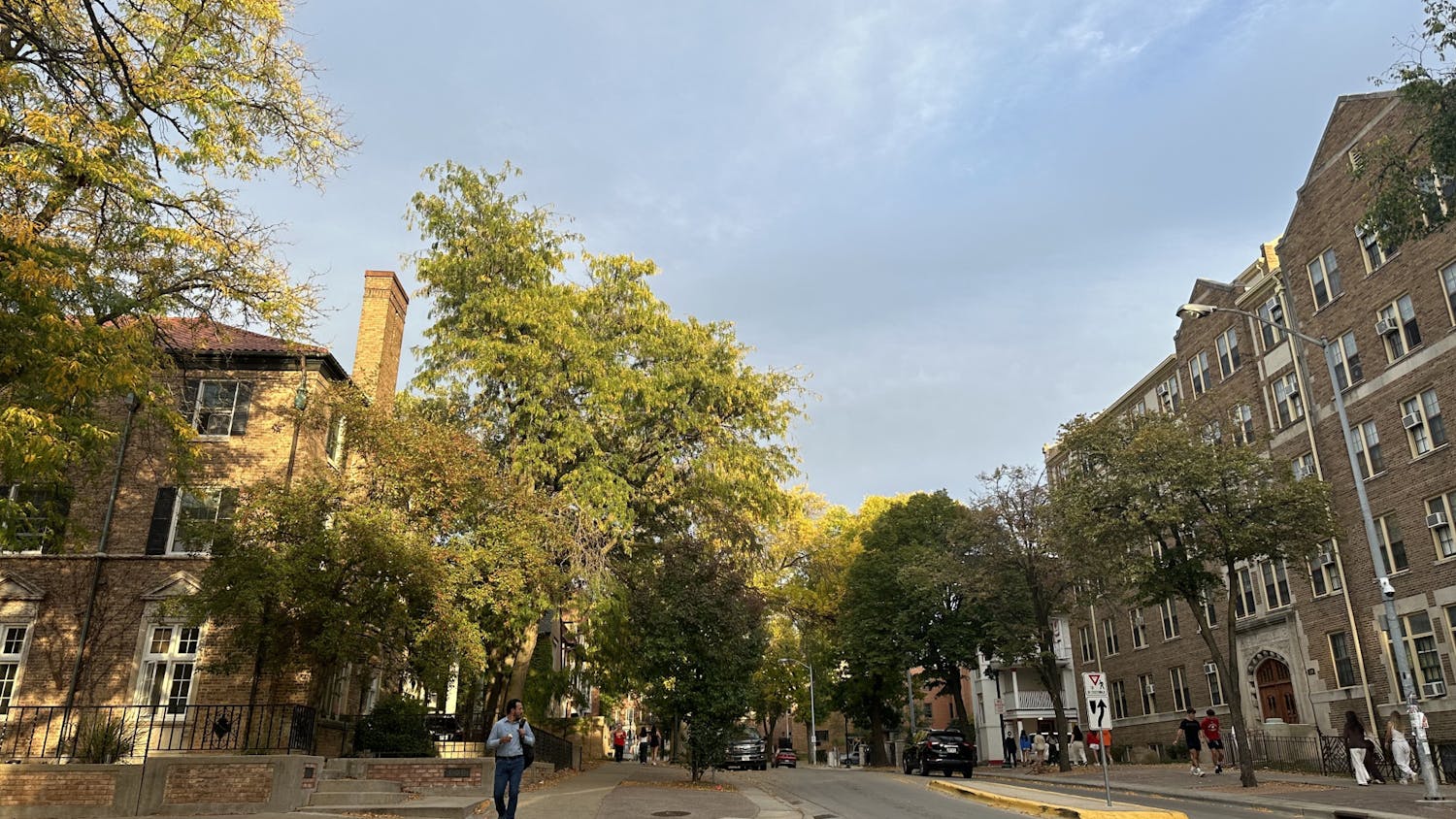To decrease the number of untested sexual assault kits in Wisconsin, then-Attorney General J.B. Van Hollen formed a team in 2012 to address the issue. By May 2014, the state Department of Justice discovered over 6,000 sexual assault kits had gone untested state-wide.
By May 2017 — after a year of inventorying 557 law enforcement agencies — agency officials confirmed that 6,391 sexual assault kits have been inventoried. Of those kits, approximately 4,000 are designated to be tested.
The lack of sexual assault kit testing has been
Although the DOJ hopes to have all 4,000 kits designated for testing to be sent to labs for processing by Fall 2018, UW-Madison’s genetic programs
Sexual Assault Evidence Kits, also known as rape kits, are packages that contain evidence collected after a reported sexual assault.
According to the Rape, Abuse & Incest National Network, the largest anti-sexual violence organization in the nation, the evidence compiled in a kit includes “a checklist, materials, and instructions, along with envelopes and containers to package any specimens collected during the exam.”
The challenge
Testing rape kits is a multi-step process that most healthcare providers and police departments can't do.
For years, kits piled up in hospitals and police departments across the state. The backlog accumulated because these kits were never submitted to the state crime lab for testing.
Once a licensed sexual assault nurse examiner administers the exam, it is then given to the police officials overseeing the case in the district where the assault occurred. Then police send the kit to a crime lab where it will be processed by trained professionals who test the available DNA samples.
A tested DNA sample does not always match suspects law enforcement have on record, however. If the DNA does not show a match to anyone, police investigators then run the samples against a larger database. This database is called the Combined DNA Index System and is controlled by the FBI.
All of this takes time and trained personnel, and may not yield a match. It also requires strict guidelines and enforced protocol.
In many jurisdictions, the standards for when and how to send kits in for testing and analysis is unclear. At many police departments across the nation, sexual assault units are understaffed and under-prioritized, a study from Case Western University found.
If sexual assault units are not prioritized or well-staffed, it is unlikely that police officials will make the decision to send kits in for analysis, according to victim advocates.
Why do kits need to be tested?
In many cases, kits provide crucial evidence that can help convict the perpetrator. Sexual assault kits are incredibly important, not only to the survivor of the sexual assault but also to the Department of Justice and the greater community, according to officials.
Aside from identifying the guilty party, testing kits have additional, lesser-known positive outcomes.
Properly analyzed kits allows the DOJ to link crimes together and identify serial rapists, according to End the Backlog Initiative. It also leads to improved accurate conviction rates by either eliminating innocent suspects or proving the guilt of a known suspect.
The DOJ works hard to ensure that throughout this entire process, the perspective remains centered on what the survivors want and how they feel, according to Keeley Crowley from the DOJ’s crime victim services.
“We want to make sure the survivors are heard in this process,” Crowley said.
Can UW-Madison help?
While it’s a good idea to see what the state’s largest research university can do to help, they probably can’t, said Ian Henderson, associate director
With UW-Madison’s close proximity to the DOJ, it makes sense to see if graduate students in the Genetics Department can donate time to help test some of the kits, according to Henderson. However, having graduate students test kits would conflict with national guidelines, he added.
Kits need to be tested in an accredited laboratory which meets certain regulations. Nikki Roehm, director of the Wisconsin State Crime Laboratory Bureau, said that if UW labs were used to test kits as a third party, they must follow specific rules and regulations and test staff proficiency every
“In order for us to use a third party lab for outsourcing DNA testing that
But UW has done a great job with their advocacy programs on campus — whether those programs are student-led or university-affiliated, Crowley said. The importance of letting survivors of sexual assault know that there are resources available to them, Crowley said, cannot be overlooked.
“Raising awareness on the issue of sexual assault and the resources available to survivors is so important,” Crowley said.
Next steps
In 2015, the DOJ, now led by AG Brad Schimel, received two $2 million grants to help reduce the number of un-submitted kits. Recently, the Wisconsin Sexual Assault Kit Initiative, a program created by AG SART, launched a website that tracks all un-submitted kits across the state of Wisconsin.
This website displays data updating the public on efforts to reduce the number of un-submitted kits. It also provides in-depth descriptions of the kit testing process, frequently asked questions and court dates for alleged sexual assault offenders.
The DOJ now tests kits at a rate of 200 per month, with the hopes of having all possible kits sent to crime labs by fall of 2018. They are outsourcing some of the work to an accredited, contracted forensics lab to expedite the process.
Crowley,
If survivors don’t want their kit tested, they have the option to still have a kit collected without reporting it to law enforcement.
The hospital will send the kit to the Wisconsin State Crime Laboratory Bureau where it will be saved for 10 years, the statute of limitations for second and
“I think it's important to say while we respectfully acknowledge that SAKI offers us the opportunity for system improvement, we're sorry for any additional trauma or upset this accumulation may have caused survivors,” Crowley said.






